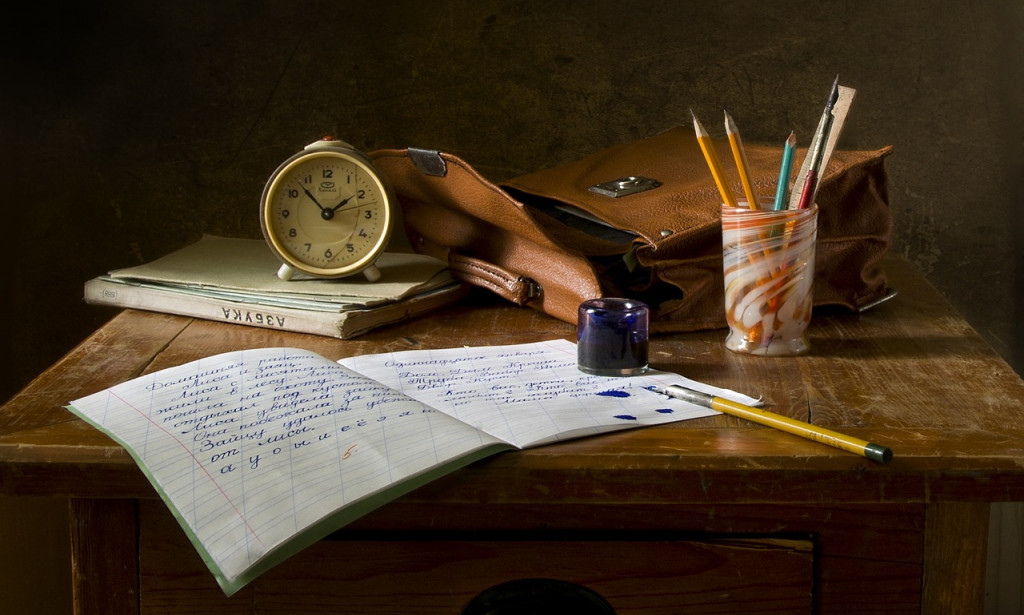The Japanese education system is certainly a system from which other countries can learn a lot, from their holistic development approach to their nutritious bento box lunches. This is a compilation of some facts that might surprise you about Japan schools and their education system.
Manners come first
Primary school Japan focuses on manners above anything else. Students in Japan do not pass exams till 4th grade, but give some small tests. Children are taught things like respect for animals, nature and people, sympathy, the search for answers, generosity and kindness.
There are no Janitors in Primary school Japan
Yes, you heard that right. In Japan each class takes turns to clean the classrooms, corridors and even the toilets. This is to help children understand the value of teamwork and cleanliness at a young age. The added benefit of this is that children have spent so much of their time and effort to clean up the place they will most likely not litter either. They get to understand and respect the amount of work that goes into keeping a place spotless and clean. Thus growing up to be adults who respect their environment.
Standardised meals for all students
Japan schools have standardized meals prepared for all their students to eat in their classrooms along with their teachers. Students are not allowed to bring in their own food or snacks. The menus are prepared by chefs and also nutrition and medical experts so that the food is as healthy and yummy as possible. Imagine being catered to this way everyday!
Teachers and students have their meals together in an informal setting to make children more comfortable with teachers
Additional tuition is extremely popular
This might not come as a surprise to most as this is very much the case all across Asia. Attending private preparatory schools is quite common for primary school Japan children. This is to ensure that they get the best grades possible so as to secure a seat in a good school. These classes usually take place in the evenings and can even go on till 9 in the night.
Uniforms are a must
Every student in Japan wears a uniform.Each school has its own design with their logo but traditionally for boys the uniform resembles a military uniform and for girls sailor suits. This is to inculcate discipline as well as unify the students.
No school bus in Japan
There are no school busses in Japan. Students walk, ride a bike or take the train in Japan to reach their schools. But with growing international schools the number of busses in schools may increase over time.
One exam decides everything
One of the most competitive exams is held in Japan. THis exam is called the Gaijin. Students can only choose one institution to join. Once they give this final exam, if they are not able to secure the cut off marks for the institution they chose, they cannot enter university. This exam essentially is the determinant of their future work, salary life etc.
Curfew at 10 PM
Would you believe that it's not just the parents that can put a curfew on children? Rules may vary from city to city. But a curfew is imposed in Tokyo as well as Yokohama – 10 PM. Children under 18 are not allowed to visit the cinema and slot machines after 10 PM.
School shoes and outdoor shoes
Students keep their school or indoor shoes in their lockers. They change from their outdoor shoes before they go to class. This is to maintain the overall cleanliness of the school. The students are also required to take their school shoes home before the weekend in order to clean them.
Students can't fail a grade
In Japan even if a child does not perform well they do not fail the grade and they do not have to redo their year unlike other countries. But, their scores matter a lot when they start applying to universities and other institutions.
Sleeping in classes
With homework and assignments during the vacation, school club activities even on the weekends, cram schools and cleaning. Studying in Japan requires a lot of hard work, determination and will power.They are also given a heap of homework, leaving them with very little time to rest and sleep. Thus students tend to doze off in class. It might surprise you that students are generally not reprimanded for such behaviour by their teachers as they can sympathise with them. They might sometimes call attention to the sleeping pupil but are generally left alone.


You must be logged in to post a comment.